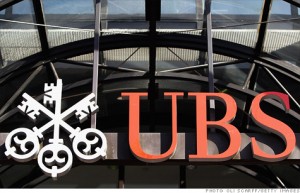Undoubtedly the two best football(soccer) players in the world right now are Cristiano Ronaldo and Linonel Messi. One may ask how these two player can relate to the business world? Beside the hours of training put in day in and day out, the rivalry between the two pushes them past their limits. Businesses act in the same way. A classic example would be between Pepsi and Coca Cola. Be it through t.v commercials, marketing ads, new flavors, these companies need to sway the thoughts of their consumers to their side. As consumers our needs and wants are fulfilled through competition. If there is little or no competition in the market our desired taste may not be acquired, but that is not the case with a competitive. As consumers taste or wants in a product change, companies jump on this opportunity to get ahead of their competitors. Competition in business also have many positives behind the scenes. Competition can push companies into making better technology for their products. This may not have many direct effects but some piece of technology made by these companies, may lead to innovations in other fields. A world class goal on the pitch or a brand new flavor, competition brings out an extra gear which pushes us to strive for more.

